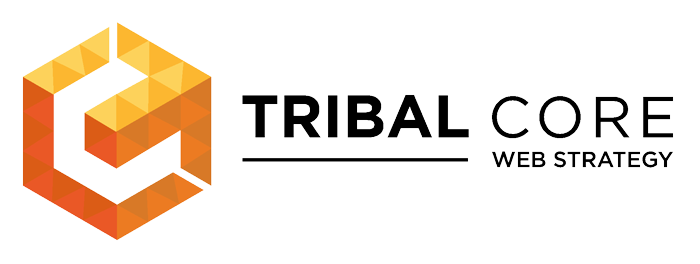As social media has become an integral part of our lives, it has also become an essential platform for healthcare providers to connect with patients and promote their services. However, with the rise of no-insurance doctors, the question arises: should they be active on social media? While there are arguments for both sides, this blog post will examine the pros and cons of no-insurance doctors on social media and help you decide whether or not they should be a part of your marketing strategy.
Pros
1. Cost-effective marketing: No-insurance doctors can benefit from promoting their services on social media, which is a cost-effective marketing solution that can help them reach potential patients without incurring additional expenses. Social media platforms such as Facebook, Instagram, and Twitter provide a level playing field for all users, making it easier for them to showcase their services and expertise.
2. Building patient relationships: Social media provides a platform where no-insurance doctors can engage with their patients and build long-lasting relationships with them. Patients are more likely to trust and recommend healthcare providers who have an active social media presence, as it portrays them as approachable, knowledgeable, and caring.
3. Offering timely information: No-insurance doctors can use social media to keep their patients informed about any changes in their operations, including new services, special discounts, and opening hours. They can also provide updates on the latest medical breakthroughs, share health advice and tips, and answer frequently asked questions, giving their patients access to reliable and valuable information.
Cons
1. Legal and ethical issues: No-insurance doctors may face legal and ethical challenges when promoting their services on social media. They must comply with certain rules and regulations of their profession, which can have severe consequences if not followed. Additionally, they must maintain high standards of clinical care while providing advice online, which can be challenging to achieve.
2. Misleading information: Social media provides a platform for anyone to share information, including those who are not qualified or have little knowledge about medical health. No-insurance doctors can receive negative reviews, false or misleading information, and sometimes, even harassment, which can harm their reputation and practice.
3. Privacy concerns: Sharing personal information, including medical history or results, is illegal, and no-insurance doctors should be cautious about any information shared on social media. They must ensure that patients’ privacy and confidentiality are maintained at all times and educate their patients on the importance of protecting their health information.
Conclusion
Social media can be a valuable marketing tool for no-insurance doctors, helping them promote their services, build patient relationships, and offer timely information. However, they must navigate legal and ethical challenges, avoid misleading information, and protect patients’ privacy at all times. Whether or not they should be active on social media ultimately depends on their marketing strategy, their target audience, and their willingness to invest time and resources in maintaining a social media presence. It is essential to consider these factors when deciding to promote your services on social media, ensuring that you remain compliant, ethical, and professional at all times.

